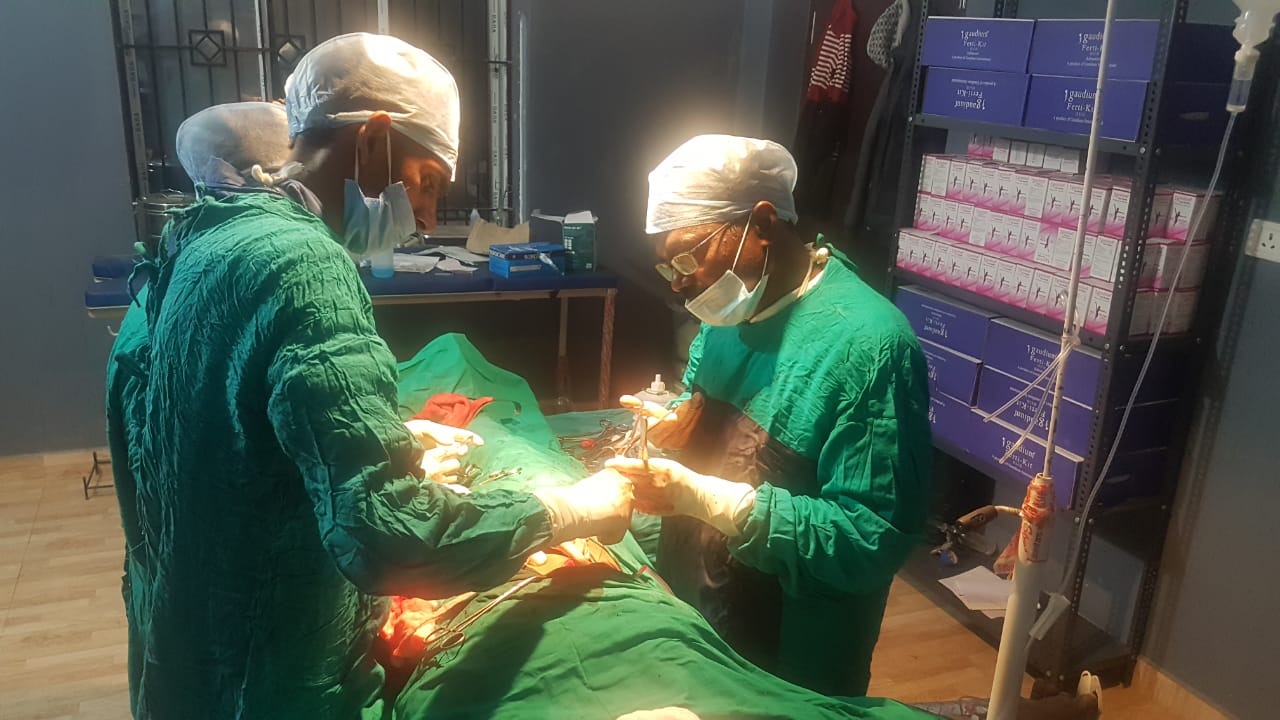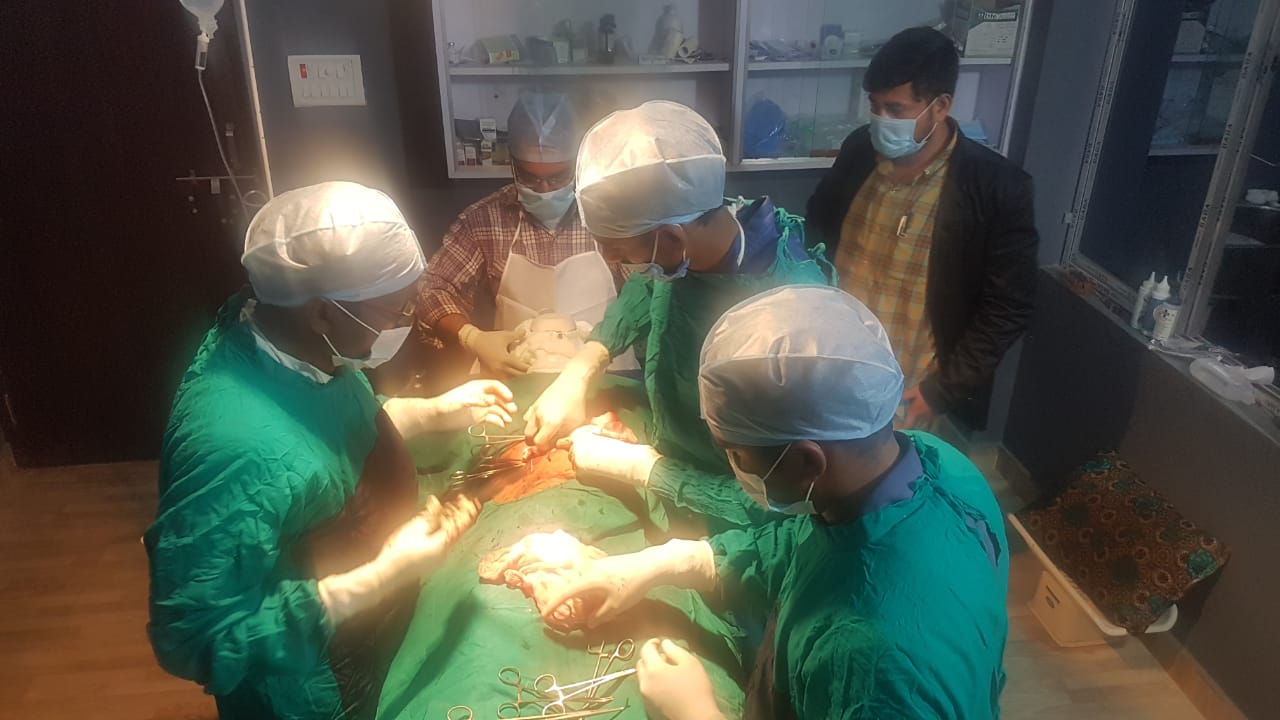Common equipment in an ICU includes mechanical ventilators to assist breathing through an endotracheal tube or a tracheostomy tube; cardiac monitors for monitoring Cardiac condition; equipment for the constant monitoring of bodily functions; a web of intravenous lines, feeding tubes, nasogastric tubes, suction pumps, drains, and catheters, syringe pumps; and a wide array of drugs to treat the primary condition(s) of hospitalization.
ICU teams are multi-disciplinary, made up of highly skilled intensive care nurses, doctors and specialists trained in providing critical care for patients with a variety of medical, surgical and trauma conditions.
We specialise in providing care for particular health conditions or injuries including:
major trauma
severe burns
respiratory failure
organ transplants
complex spinal surgery
cardiothoracic surgery.
The Intensive Care Unit delivers 24x7 care to patients in potentially life-threatening situations requiring life support system and other intensive medical interventions.
The patients with dysfunction or failure of one or more organ systems, such as cardiac, pulmonary, neurology, liver and kidney, among others are admitted to an Intensive Care Unit (ICU).
Our experienced multidisciplinary team provides state-of-the-art patient care with promptness and compassion. The team comprises of trained, efficient and skilled staff in critical care medicine.
The ICU brings together all specialties and technologies to deliver the promise of survival to patients who are acutely and critically ill. Our ICUS are designed and managed based on the fact that methodical organization of Critical Care services influences important overall outcome measures such as mortality, length of stay and infection rates.
There are multidisciplinary ICUS as well as ICUS dedicated to post cardiac surgery patients, stroke patients, post-transplant patients, as well as special ICUs for neonates and paediatric cases.

